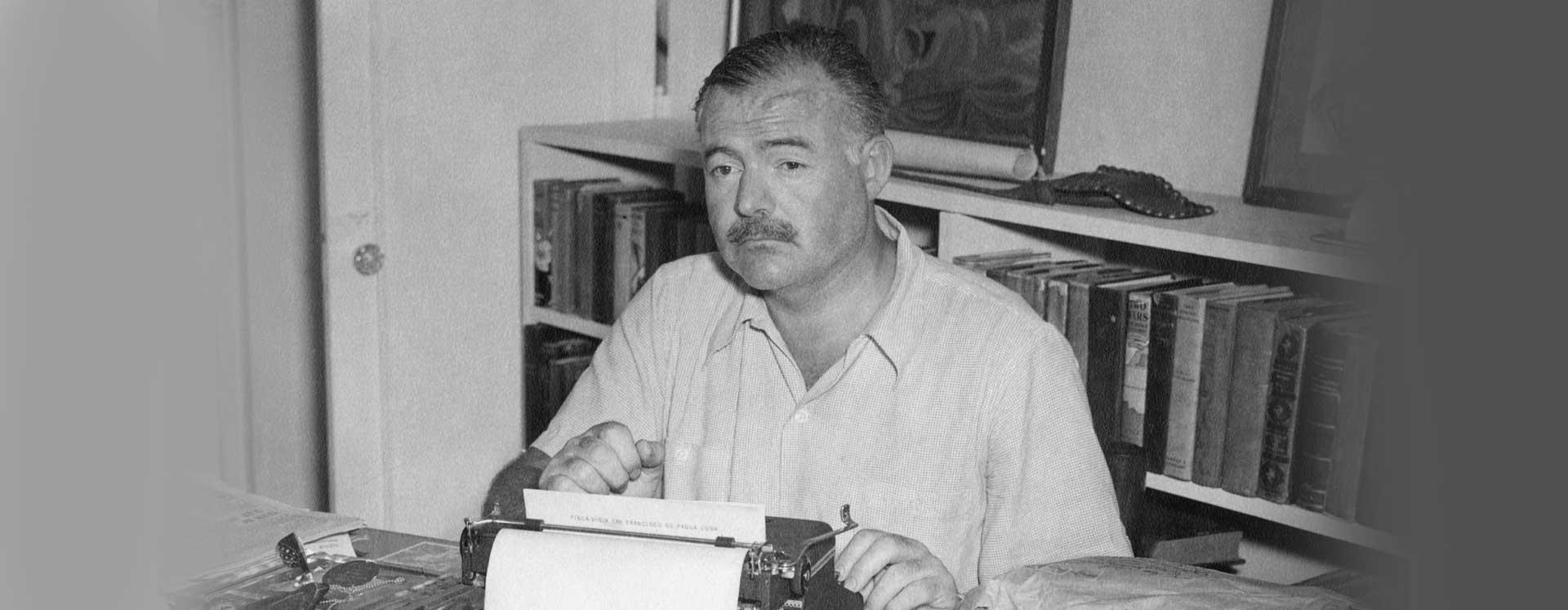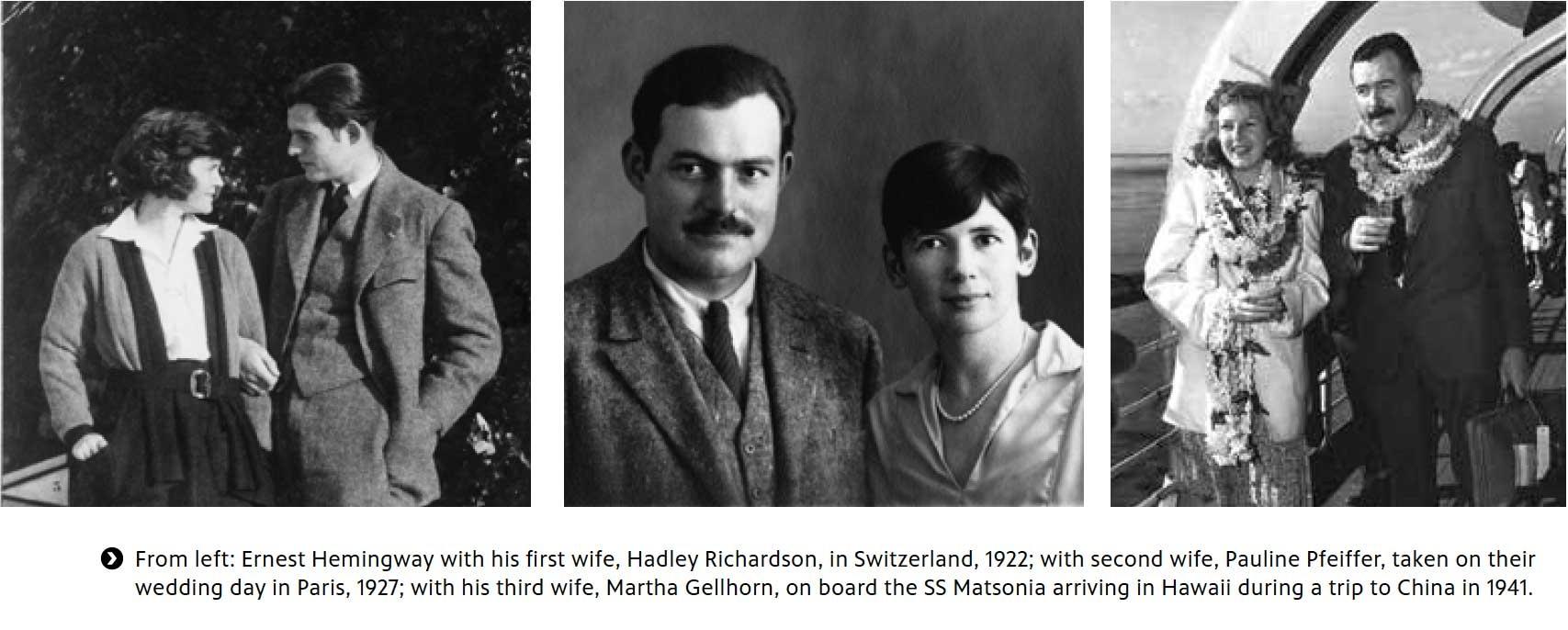Ernest Hemingway, the iconic literary figure considered one of the greatest American writers and among the first to live and work at the treacherous nexus of art and celebrity, is the subject of a three-part, six-hour documentary series directed by award-winning filmmakers Ken Burns and Lynn Novick.
The documentary paints an intimate picture of Hemingway the writer—who captured on paper the complexities of the human condition in spare and profound prose and whose work remains deeply influential around the world—while also penetrating the myth of Hemingway as a man's man to reveal a deeply troubled and ultimately tragic figure. The film also explores Hemingway's limitations and biases as an artist and a man of his time.
Hemingway interweaves a close study of the biographical events of the author's life with excerpts from his fiction, nonfiction, and short stories, informed by interviews with celebrated writers, scholars, and Hemingway's son, Patrick. The filmmakers explore the painstaking process through which Hemingway created some of the most important works of fiction in American letters.
"Hemingway is both an intimate, turbulent family saga and an examination of some of the greatest works of American literature in the 20th century," says director Ken Burns. "The documentary attempts to show how flawed our assumptions about Ernest Hemingway and his writing have been. At the same time, we are unsparing in our inquiry into less well known aspects of his character and writing. Our intent is to offer viewers an honest portrayal of a complex and conflicted writer who left an indelible mark on literature."
"In an era when Americans are reevaluating so many icons, Hemingway is a particularly compelling figure to revisit," says director Lynn Novick. "He was hugely complicated, deeply flawed, and he truly revolutionized the art of writing. One of the great revelations of this project was asking renowned writers from around the world...to share their insights into Hemingway's work and why it's still important today."
The St. Louis Women He Loved
Ernest Hemingway "loved being in love," the writer Michael Katakis says in the film. He married four times over the course of his tumultuous life and had three sons. Three of the women were from St. Louis: Hadley Richardson, Pauline Pfeiffer, and Martha Gelhorn. The 15-year marriage to his last wife, Mary Welsh, born in Walker, MN, was the longest. In 1959, the couple settled in Ketchum, ID.
His relationships with women—his mother, sisters, wives, and the World War I nurse who broke his heart—profoundly affected his work. Yet for all his bravado and hyper-masculine posturing, Hemingway wrote about relationships between men and women with sensitivity, nuance, and clarity. As writer Edna O'Brien says on camera, he was able to put himself "inside the skin" of the other and give voice to women's deepest emotions.
In three two-hour episodes, Hemingway tracks the meteoric rise and tragic fall of the author who, in his final years, suffered from chronic alcoholism, serious mental illness, traumatic brain injuries, and depression. In 1961, at the age of 61, Hemingway died by suicide, leaving behind an unparalleled body of artistic work and a complicated emotional legacy for those closest to him.




